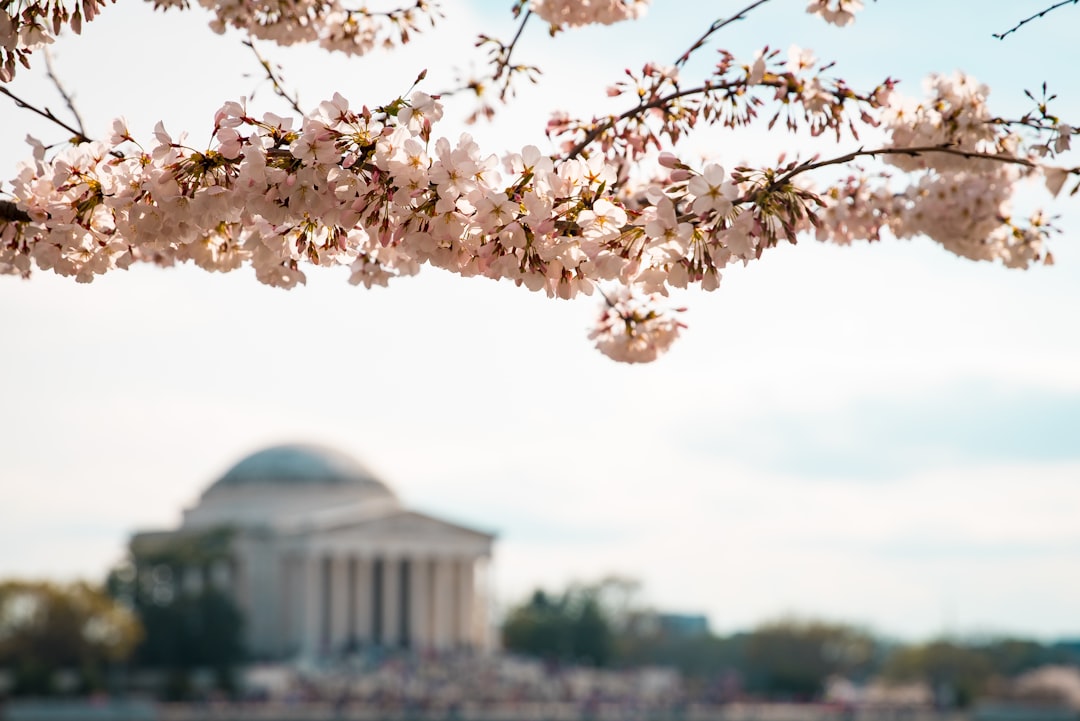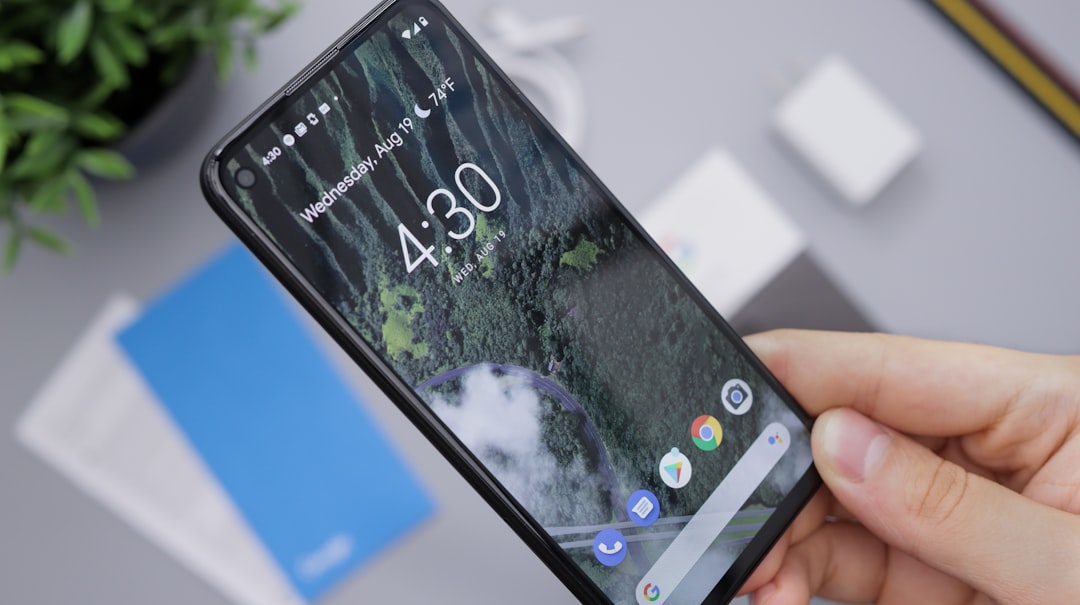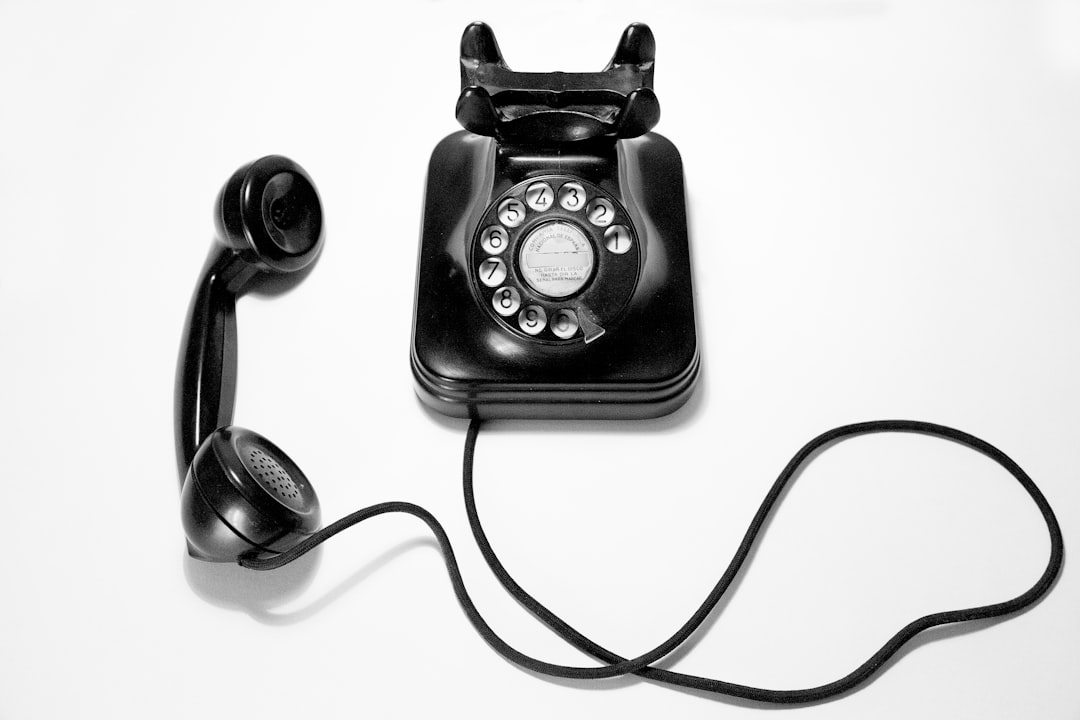Spam calls targeting Washington law firms are a growing digital age concern, disrupting operations and client relations. Strict state laws, like the Washington Spam Call Law, aim to protect privacy and penalize offenders. Specialized law firms play a vital role in litigation. Lynnwoods employs advanced call blocking tech and training to combat unwanted calls. Law firms should implement robust phone filtering, train staff, and regulate contact information sharing to proactively mitigate spam call law firm issues in Washington.
In today’s digital age, spam calls have become a significant nuisance, especially for law firms. The constant deluge of unsolicited messages can disrupt operations and impact client relationships. This article explores Lynnwoods’ innovative approach to tackling this growing issue. We delve into the impact of spam calls on legal practices, examine Washington state’s legal framework for spam protection, and uncover effective strategies employed by Lynnwoods. Additionally, we provide best practices for law firms in Washington seeking to mitigate unwanted messages.
Understanding Spam Calls and Their Impact on Law Firms
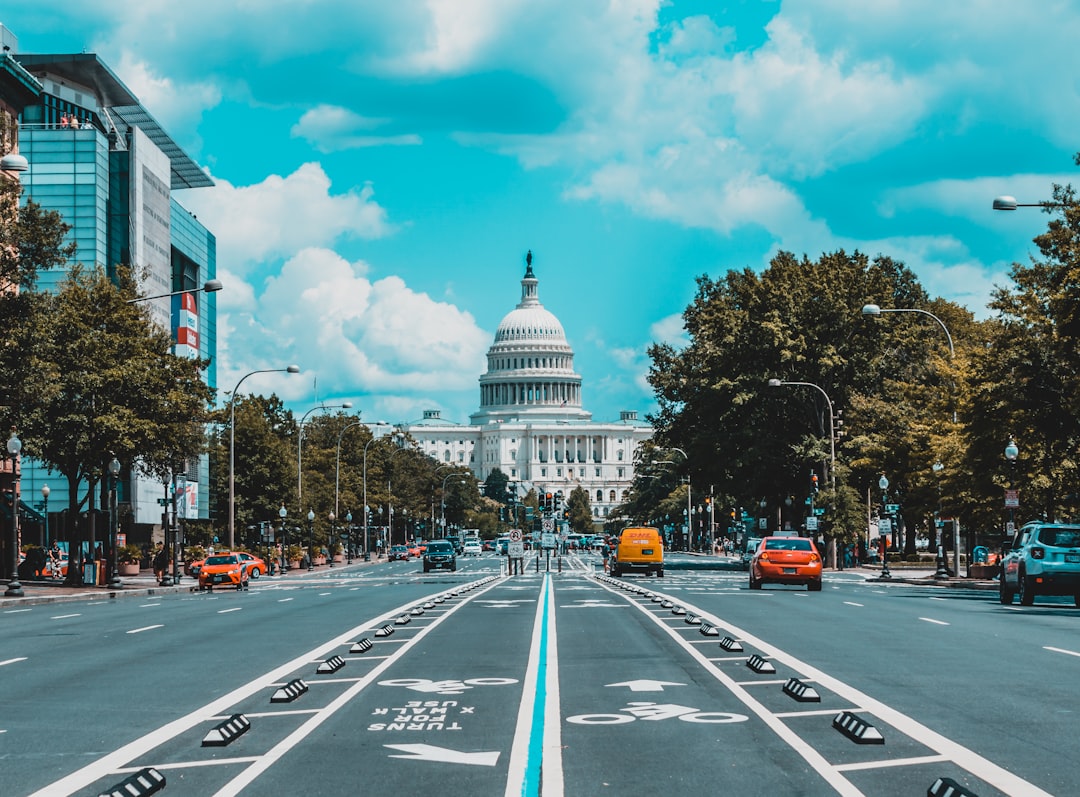
Spam calls, particularly targeting law firms in Washington, have become a pervasive issue in today’s digital landscape. These unsolicited telephone marketing attempts can significantly disrupt daily operations and negatively impact client relationships. Law firms often receive a high volume of spam calls, many of which are automated, seeking to promote products or services, or even containing fraudulent intent. The constant influx of such calls not only disturbs the peace of employees but also poses challenges in maintaining professional communication with existing and potential clients.
The impact extends beyond mere annoyance; these calls can lead to valuable time and resources being wasted, as staff are compelled to handle, block, or investigate them. For law firms, this means diverting attention from core legal work to managing an ever-present spam call problem. In Washington, where privacy laws are stringent, effective strategies to combat these nuisance calls become even more critical, ensuring a balanced approach that respects consumer rights while mitigating the disruption caused by spam callers.
Legal Framework: Washington's Approach to Spam Protection
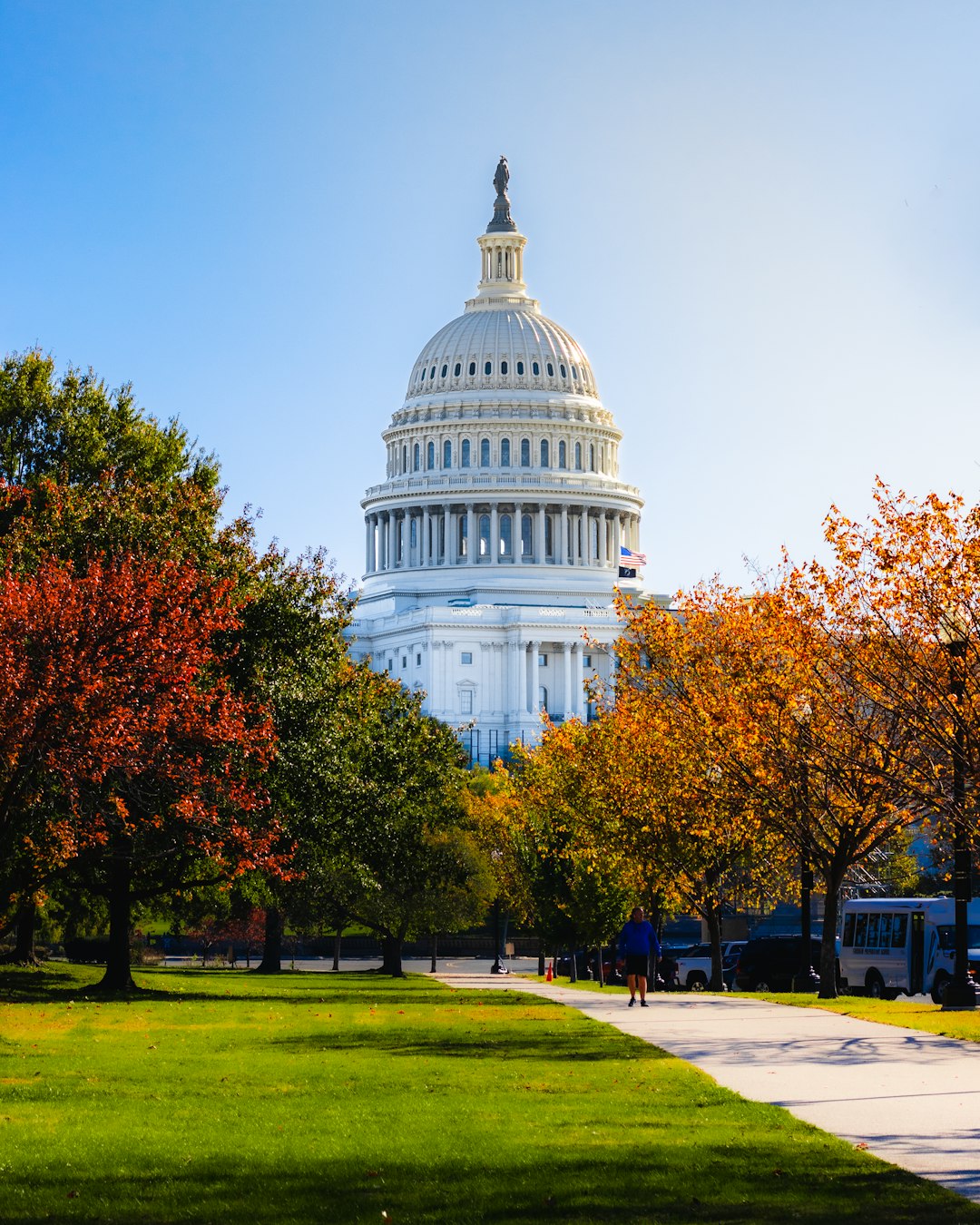
Washington state has implemented a robust legal framework to combat unsolicited messages, particularly spam calls, through the efforts of its regulatory bodies and consumer protection agencies. The state’s approach focuses on empowering residents with tools to protect their privacy and provide strict penalties for violators. This includes the implementation of the Washington Spam Call Law, which targets telemarketers and robocallers who inundate consumers with unwanted phone calls.
The law firms specializing in spam call litigation play a crucial role in upholding these regulations by helping individuals file complaints and seek legal redress against persistent spammers. These firms work within the framework to ensure that businesses adhere to consumer privacy laws, thereby reducing the volume of unsolicited messages and providing a safer digital environment for Washington residents.
Strategies Lynnwoods Implements for Effective Spam Mitigation
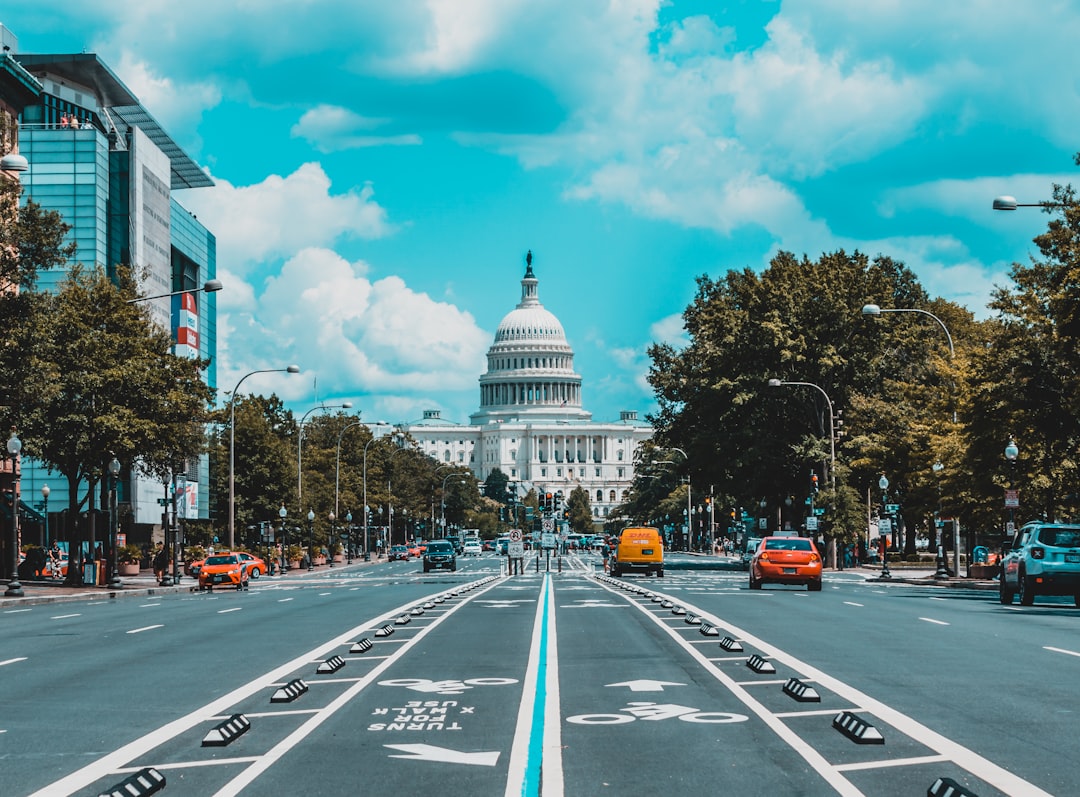
Lynnwoods, a forward-thinking organization in Washington, has developed innovative strategies to combat the growing issue of unsolicited messages, particularly spam calls from law firms. Their multi-faceted approach includes implementing advanced call blocking technologies that use machine learning algorithms to identify and filter out spam before it reaches their clients. This ensures that legitimate business calls are never hindered while effectively silencing the incessant stream of unwanted legal advertisements.
Additionally, Lynnwoods educates its clientele on best practices to minimize false positives and avoid inadvertently engaging with spam call law firms. Regular training sessions inform employees about common spam tactics, such as automated dialers and pre-recorded messages, empowering them to swiftly identify and report suspicious calls. This proactive education fosters a culture of awareness, further bolstering their robust spam mitigation efforts.
Best Practices for Law Firms to Combat Unwanted Messages
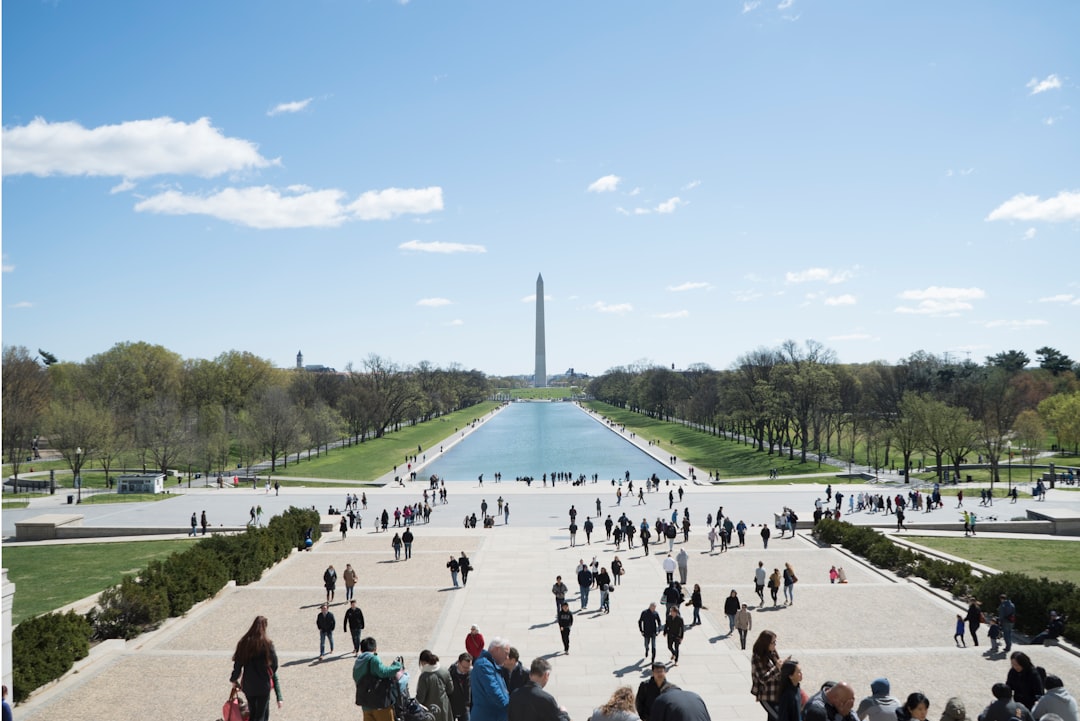
Law firms in Washington, particularly those dealing with sensitive client information, must take proactive measures to combat spam calls and unsolicited messages. One effective approach is to implement robust phone filtering systems that identify and block known spam sources. This can be done through advanced call management software, which learns to recognize patterns indicative of spam calls and automatically routes them to voicemail or blocks them entirely.
Additionally, law firms should establish clear policies regarding the acceptance of incoming calls and messages, ensuring that only authorized personnel are accessible via phone. Training staff on recognizing potential spam attempts and implementing strict protocols for sharing contact information can significantly reduce the volume of unwanted communications. Regularly reviewing and updating these practices in line with evolving spamming trends is essential to maintain an effective defense against spam call law firms Washington face today.



